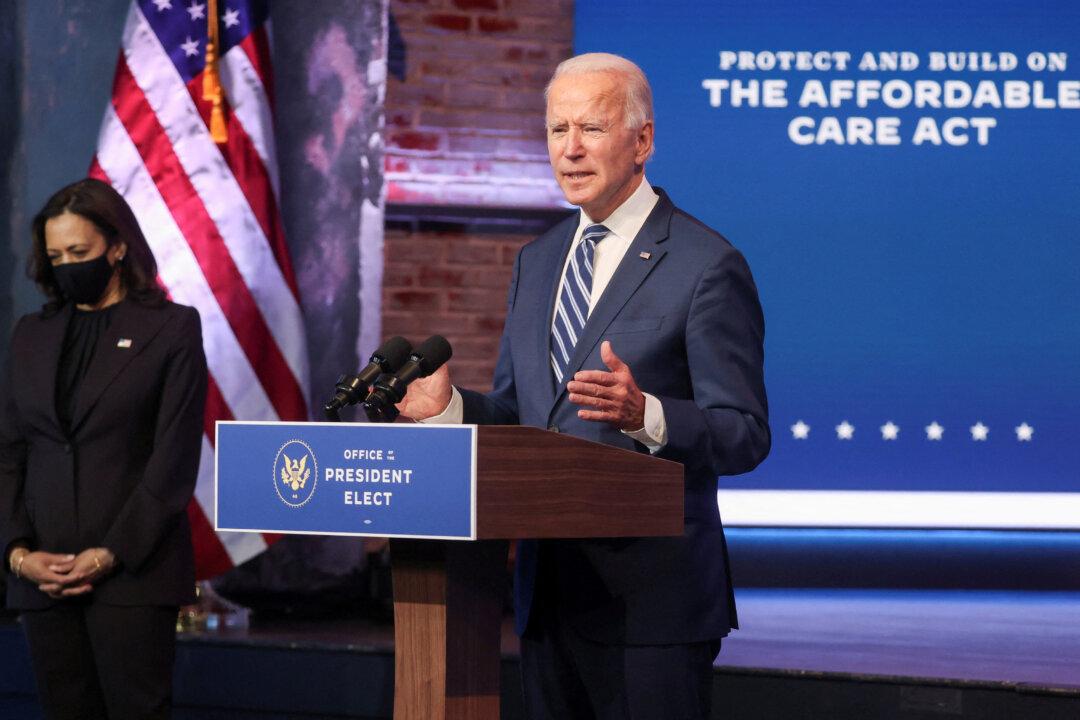The Biden administration announced on May 3 that it had finalized a directive to expand the Affordable Care Act (ACA), also known as “Obamacare,” to thousands of illegal immigrants who were brought to the United States as children.
The Centers for Medicare and Medicaid Services estimates that “this rule could lead to 100,000 previously uninsured DACA [Deferred Action for Childhood Arrivals] recipients enrolling in health care through Marketplaces or a BHP [Basic Health Program],” the Department of Health and Human Services (HHS) said in a statement.





